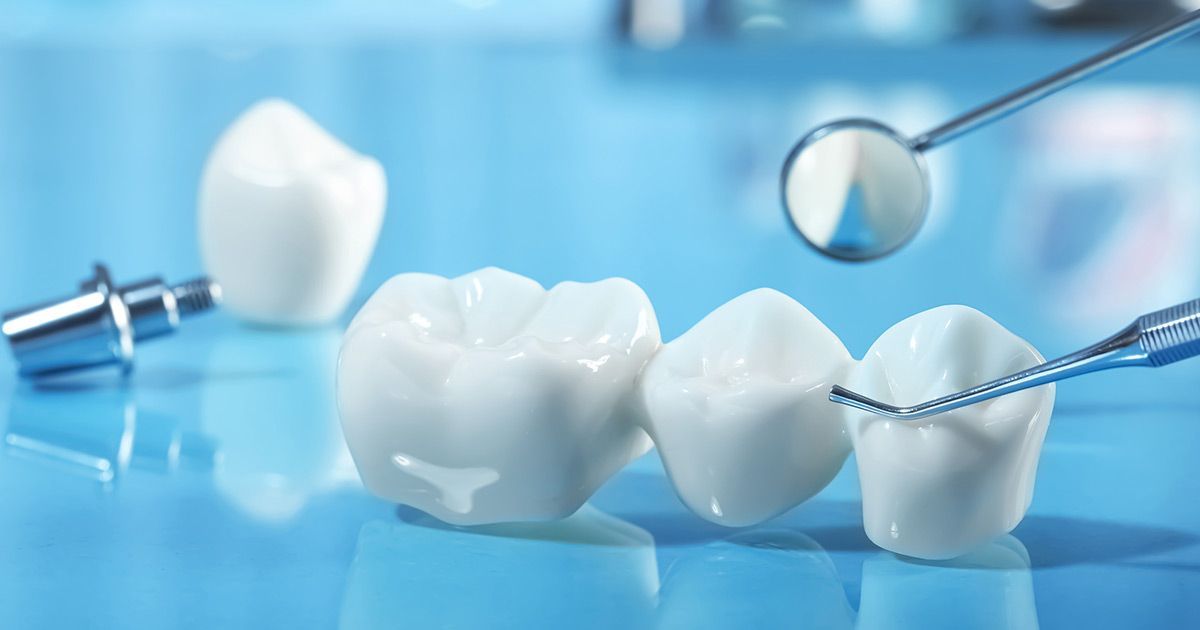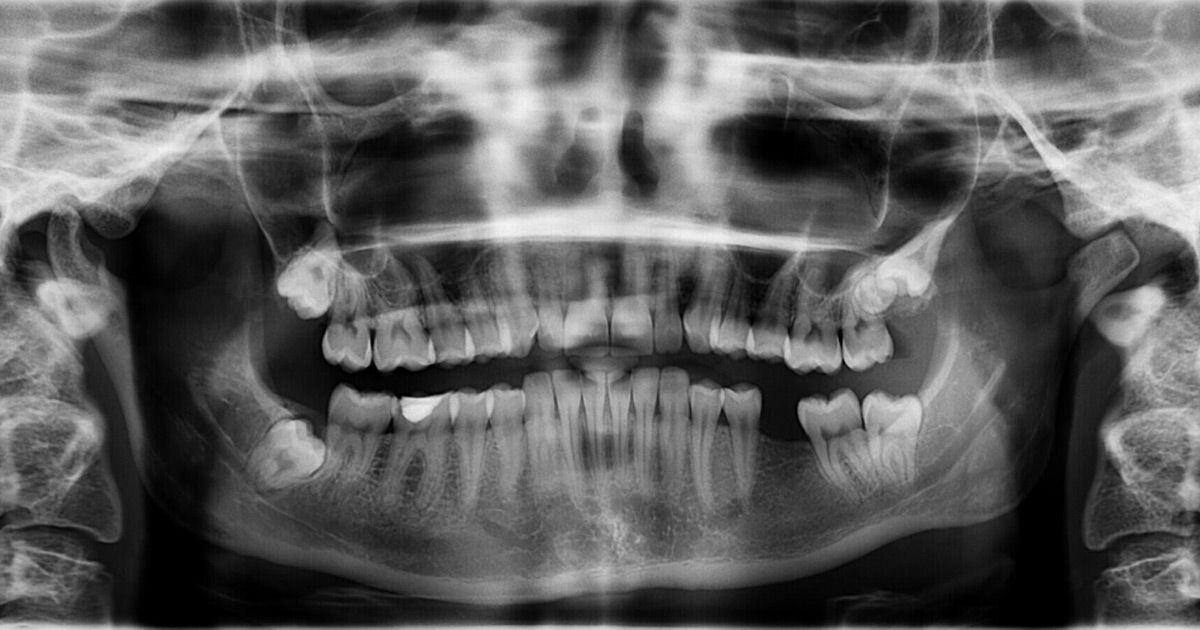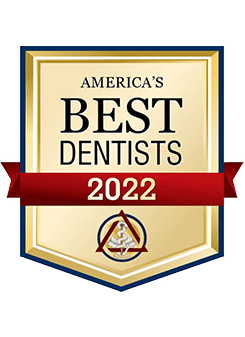How to Choose the Right Tooth Replacement Option for Your Lifestyle
Explore various tooth replacement options that fit your lifestyle. Discover which option works best for you.
From 2002 to 2022, the average cost of dental care increased by almost a third. Many Americans struggle with the cost of basic dental care and find themselves missing teeth due to avoidable dental issues. They then look into tooth replacement.
Many tooth replacement options exist, each suited to some restorations and not others. What makes some dental care options better than others, though? The interventions that will create a full mouth restoration differ from patient to patient.
Here, we'll take the mysteries out of dental care. This article covers dental implants, bridges, crowns, and dentures.
Tooth Replacement Options: Dentures
Dentures date back almost 3,000 years, with the Etruscan civilization inventing dentures that used animal or human teeth. Since then, dental science has explored almost every material you could imagine, including wood, bone, precious metals, and resin. Gold teeth and wooden dentures have become staples of folk stories and popular culture.
Modern removable dentures use acrylic resin, which a dentist can shape to fit the patient's mouth. By fitting against the bony ridges that once supported teeth, they provide the same function as natural teeth. (Dentists can use other materials if the resin would cause an allergic reaction.)
Dentists refer to traditional dentures as "full" or "partial" dentures. A full denture replaces all teeth in the mouth, while a partial denture uses existing teeth to anchor itself. Most partial dentures serve as temporary devices after a tooth extraction.
Benefits of Full Dentures
Full dentures restore chewing strength and natural tooth appearance. Many patients report increased confidence in their appearance and ability to go about daily life. They last a long time if treated with care and cost less than many other options.
Drawbacks of Full Dentures
Full dentures don't always sit well in the mouth. They take time to get used to and can break if handled without care. Dentures can limit which foods you can eat.
Dentists can mitigate some of these drawbacks with
implant dentures. Implant dentures use implanted posts to provide stability and support for a full denture. Some implant dentures, called
fixed dentures, require the assistance of a dentist to remove them.
Implants as Denture Alternatives
Some people prefer more durable, lower-maintenance options than dentures. Others need fewer teeth replaced. In both cases, dental implants can provide an alternative.
A dental implant uses a titanium rod, sometimes including other elements like nickel or aluminum. By screwing this rod through the gumline, the dentist creates a stable post on which to mount a crown. Some dentists create same-day crowns, while others use a temporary crown while waiting for the final product.
Benefits of Dental Implants
Dental implants combine surgical and cosmetic dentistry. The final product looks like real teeth and provides a strong bite.
Dental implants also contribute to bone health. The stimulation an implant provides during chewing, biting, and talking helps encourage bone growth.
Drawbacks of Dental Implants
Dental implants can fail if the underlying bone and gum tissue gets infected. These risks increase with specific health and lifestyle factors, such as heavy alcohol use, smoking, and diabetes.
Dental implants cost more than other restoration methods. Many dental plans offer little to no coverage for these procedures, either.
Dental Bridges
A dental bridge uses dental crowns to provide an anchor point for a type of false tooth called a pontic. The crowns rest on an abutment, which refers to any support within your mouth.
Many bridges use filed-down natural teeth as supports. More modern bridges, called implant bridges, use the same type of titanium post that dental implants use.
Benefits of Dental Bridges
Many insurance policies cover dental bridges. They provide a natural-looking appearance and good chewing strength. Implant bridges also avoid further risk or damage to natural teeth.
Dental bridges also reduce the risk that a patient's teeth will shift out of position. Patients missing teeth often lose more teeth or experience shifts in their bite without a restoration.
Drawbacks of Dental Bridges
A dental bridge often requires drilling and filing healthy teeth. Dentists prefer to avoid this when possible. If a patient already has a crown or heavy dental filling near a lost tooth, the dentist can mitigate this effect by using that tooth.
Bridges also make it more difficult to maintain oral hygiene, and those that mitigate this difficulty cost more. Regular brushing and flossing can counterbalance this risk.
Dental Crowns
Dental crowns work similarly to bridges but only replace a single tooth. Crowns must have supports to affix to, though those supports can include dental implants or natural teeth.
Dentists place crowns over natural teeth after procedures like root canals. These require the dentist to remove large portions of a tooth, making the crown a necessary part of the restoration.
Sometimes, patients lack enough healthy tooth material to place a crown after such a procedure. In this case, the dentist will perform a build-up procedure in which the tooth receives plastic or resin reinforcement before crown placement.
Benefits of Crowns
Crowns after root canals or the failure of a large filling can preserve natural tooth roots. Natural tooth roots provide the best protection against bone loss.
Crowns look natural and fit the patient's natural bite. This prevents teeth from failing one after another due to a damaged tooth.
Drawbacks of Crowns
A crown over a natural tooth root can experience sensitivity to heat, cold, or sweetness. If this lasts a long time after a procedure, contact the dentist.
If a dentist misses tooth decay and places a crown over untreated dental issues, those issues can persist. This can lead to infection and more dental procedures.
Saving Your Smile
Different tooth replacement options suit different patients. Some need a dental bridge and no other assistance, while others need extensive implants. Always discuss your goals for your smile with your dentist.
If you want a dentist who's as motivated to protect your smile as you are, contact Dr. Haddad and his team at
Sewell Dental Designs. Our team strives to stay educated on current developments in dentistry and provide the highest modern standard of care. Contact us to schedule a new patient appointment if you're ready to treat your teeth well.
Dr. Haddad
D.M.D
Dr. Haddad’s purpose at Sewell Dental Designs is to empower his patients so they can achieve and maintain excellent dental health and have a smile they are happy to show off. He decided on this path after receiving treatment from a competent and friendly dentist when he was a teen.
Dr. Haddad obtained his Bachelor of Science degree at George Mason University in Virginia and went on to earn his Doctor of Medicine in Dentistry degree (DMD) from Temple University Maurice H. Kornberg School of Dentistry.
Dr. Joanna
D.D.S
Dr. Joanna Haddad was born and raised in Lebanon and now resides in Philadelphia, PA. She speaks Arabic, French, and English fluently. Dr. Joanna earned her Doctorate of Dental Medicine from the University of Pennsylvania School of Dental Medicine, graduating with honors in Public Health. During her time in dental school, she was highly involved in various organizations and served as the Chapter President of the American Student Dental Association. She is also a proud member of the American Dental Association, American Association of Facial Esthetics and American student dental association.
Dr. Giesberg
D.D.S
Dr. Konstantina S. Giesberg, DDS, is a board-certified dentist anesthesiologist who has earned the privilege of becoming a Diplomate of the American Dental Board of Anesthesiology (DADBA).Dr. Giesberg obtained, with honors, her degree of Doctor of Dental Surgery (DDS) from the University of Buffalo, NY. She then completed her General Practice Residency in Dentistry at Wyckoff Heights Medical Center in Brooklyn, NY. Dr. Giesberg then furthered her studies at Wyckoff Heights Medical Center with a Specialty Program in Dental Anesthesiology, involving three years of concentration in deep sedation and general anesthesia.















